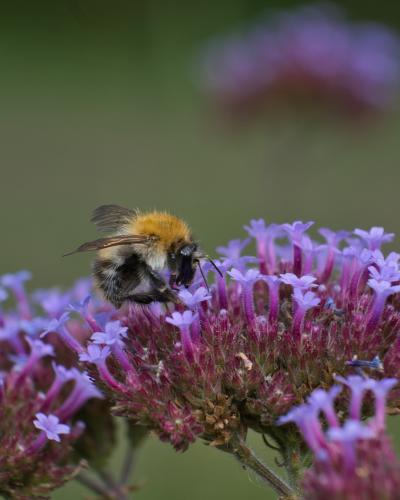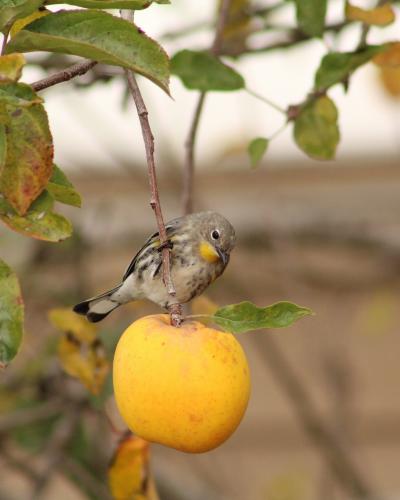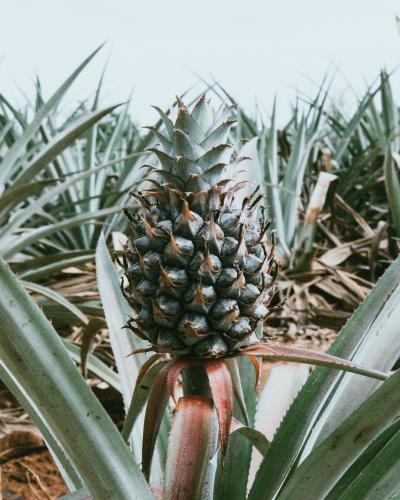On farms, chemical application changes the biophysical cues that plants use to attract pollinators, according to a recent British study. Spraying flowers with synthetic fertilizer, altered their...
There is so much (in)credible science that explains why organic is a good choice for people and the planet, and more is published every week. The Organic Center summarizes the latest research into distilled bites so you can make informed choices. We only report on peer-reviewed studies and always will. Check out our research blog and sign up for our newsletter to get the latest science delivered right to your inbox.
Apr 07, 2024
A new study published in the journal Science that shows increasing agricultural diversification simultaneously benefits both environmental and social outcomes, creating multiple win-win situations...
Dec 01, 2023
Childhood exposure to synthetic glyphosate via diet and pesticide drift is associated with metabolic and liver disorders in adulthood, according to a recent American study published in the journal...
Nov 06, 2023
Organic farming practices regulated by the USDA successfully limit soil risk to colonization by pathogenic bacteria, according to a recent American study published in the journal Frontiers in...
Oct 11, 2023
Although organic farmers abstain from the use of harsh inorganic chemicals and synthetic fertilizers, plants and livestock may be treated with approved external inputs. Although substances that...
Aug 30, 2023
Birds from organic farms exhibit more vitality than those who live on conventional farms, according to a recent French study. Organic birds exhibit a higher rate of active behaviors including...
Aug 23, 2023
Researchers have found that reducing the amount of synthetic fertilizer used in pineapple production increases crop yields while maintaining soil quality and lowering greenhouse gas emissions,...
Aug 16, 2023
In organic farms, reduced tillage for soil conservation does not significantly decrease marketable crop yield, according to a recent Dutch study. Despite concerns of increased weed activity,...
Aug 09, 2023
Organic farms vary in agricultural ecological practices, with small farms incorporating a higher quantity of sustainable methods than larger ones, according to a recent...
Aug 02, 2023
Cattle diets on organic farms contain significantly less pesticide residue than that of conventional farms, according to a recent Austrian study. On conventional farms, nearly all of cattle feed...












